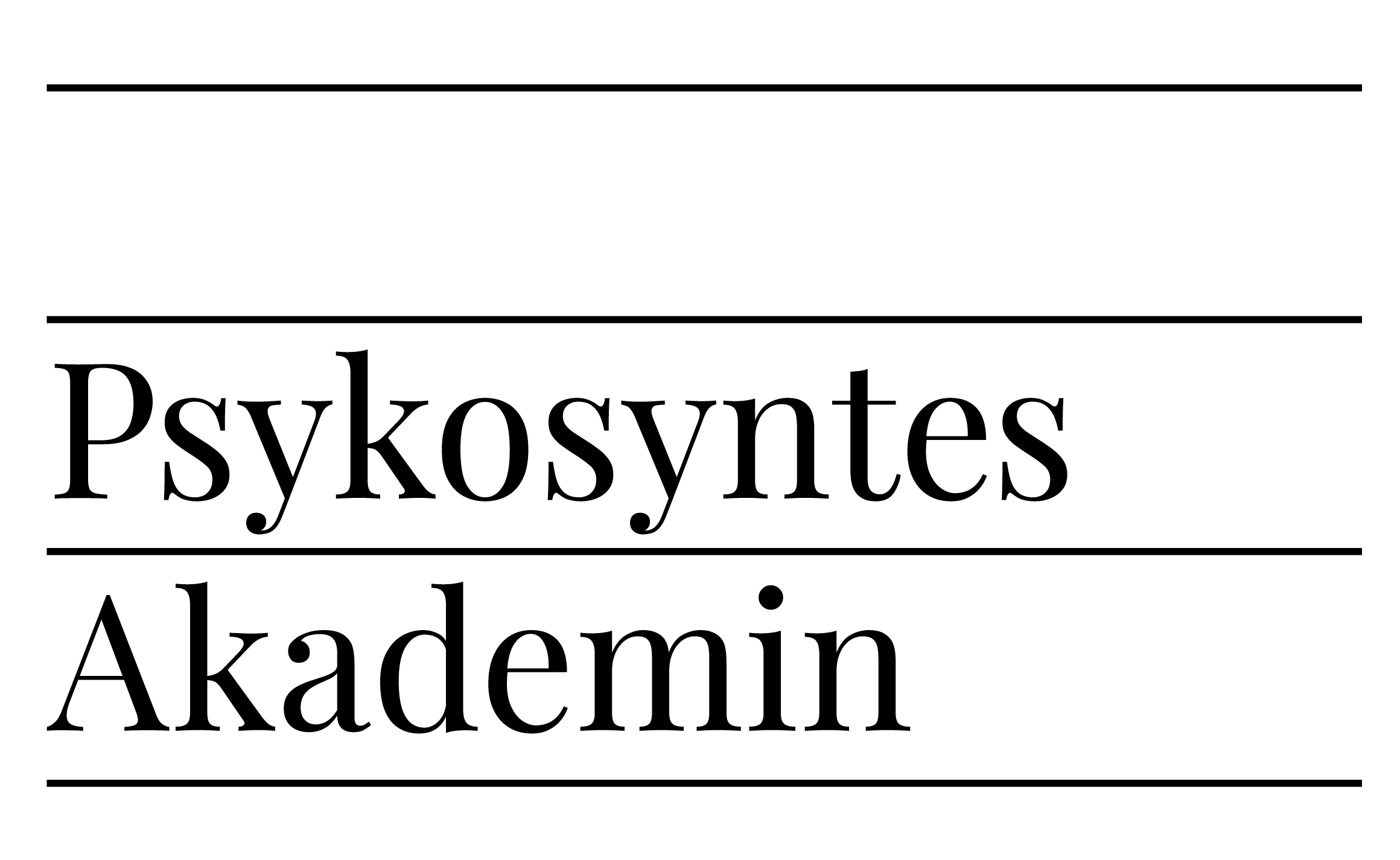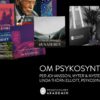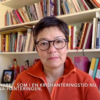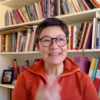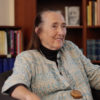Treating Insecure Attachment in Adults:
The Three Pillars of Comprehensive Attachment Repair
David Elliott, PhD
18-19 March 2020 @ Arena Psykosyntesakademin
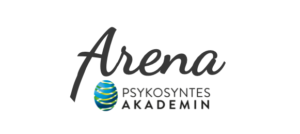 Ett levande community, för en medmänskligare värld.
Ett levande community, för en medmänskligare värld.
Arena Psykosyntesakademin är en arena för arrangemang som går i linje med akademins vision men arrangeras av oberoende arrangörer i vårt nätverk. Lite som TEDx.
Since John Bowlby’s and Mary Ainsworth’s pioneering work on the development and nature of attachment in children, there has been great interest in how early attachment problems affect adult relationships and well-being. Though there is now very good understanding of the origins and identification of attachment insecurity, the most-used treatments all have practical and conceptual limitations that interfere with their efficiency. Some treatments can be effective, but typically take a very long time and often do not produce comprehensive or stable change.
This workshop will include:
- A basic foundation in attachment theory, on the development of the attachment bond, on assessment, and current treatments.
- The theoretical foundations and detailed practical description of a state-of-the-art, highly effective and efficient method
for treating adults with attachment problems. - Emphasis will be on practical applications for clinicians, and will include demonstration sessions and opportunities for participants to practice and receive feedback about their experiences of these methods.
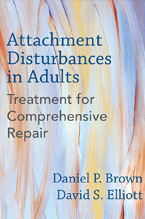 The workshop is based on the book Attachment Disturbances in Adults: Treatment for Comprehensive Repair (Brown & Elliott, 2016).
The workshop is based on the book Attachment Disturbances in Adults: Treatment for Comprehensive Repair (Brown & Elliott, 2016).
“This is an extraordinary achievement – the must-have book on attachment – encyclopedic – everything you needed and wanted to know about attachment, and then some – history, research, typology, AND treatment!” Diana Fosha
“A masterpiece of integration, creativity, and clinical wisdom.” Kathy Steele
Winner of the 2018 Pierre Janet Writing Award from the International Society for the Study of Trauma and Dissociation.
Workshop Details
Open to: Psychotherapists and other mental health clinicians, Practicing Psychosynthesis therapists.
Dates and times:
18-19 March 2020 9:00 – 17:15 both days
Location:
PsykosyntesAkademin Tengdahlsgatan 32, 2tr
116 47 Stockholm (Södermalm)
Language:
Teaching will be in English. Participant practice will be in Swedish (or language of choice)
Register and guarantee a place by sending an email with name, mobile number, and professional background to:
lindathornelliott@icloud.com
Invoice will be sent when you register
Early Bird! Register and pay before 1/1 Workshop Fee: 3 500 sek (inkl moms) After 1/1: Workshop Fee: 3750 sek ( inkl moms)
Fika mornings and afternoons is included. Let us know of any food allergies.
Cancellation policy:
100% refund before February 19 th (minus 100 sek admin fee)
50% refund until March 4th
More information
www.davidelliottphd.com
Listen to David Elliott talk about attachment and healing on this podcast:
www.therapistuncensored.com/treating- attachment-disruptions (TU episode 34)
Learning Objectives
Participants will:
- Understand the childhood attachment bond and the developmental and caregiving conditions that create the major forms of this bond.
- Understand how the conditions that create secure attachment in children can be a basis for effective and efficient treatment of adult insecure attachment.
- Understand the strengths and limitations of current treatments.
- Be able to describe the Three Pillars of therapy for attachment insecurity.
- Know the steps of the Ideal Parent Figure method for creating new, positive representations of secure attachment (Pillar 1).
- Have direct experience of practicing the Ideal Parent Figure method.
- Recognize the common challenges and positive signs of effective use of the Ideal Parent Figure method.
- Feel confident about applying the Ideal Parent Figure method in clinical practice.
- Understand why metacognition and collaboration are poorly developed when attachment is insecure.
- Become familiar with basic methods for helping clients develop metacognitive skills (Pillar 2) and collaborative relational behavior (Pillar 3).
- Feel confident about bringing basic metacognitive and collaborative methods into clinical practice.
- Understand the interdependence of the Three Pillars treatment methods.
About the Presenter
David S. Elliott received his Ph.D. in Psychology from Harvard University in 1989. He is a former President of the Rhode Island Psychological Association (USA), and is on the faculty of the International School for Psychotherapy, Counseling, and Group Leadership, in St. Petersburg, Russia. He received psychosynthesis training from Thomas Yeomans. As a clinical psychologist, he has a psychotherapy practice in Providence, Rhode Island, and also consults internationally.
